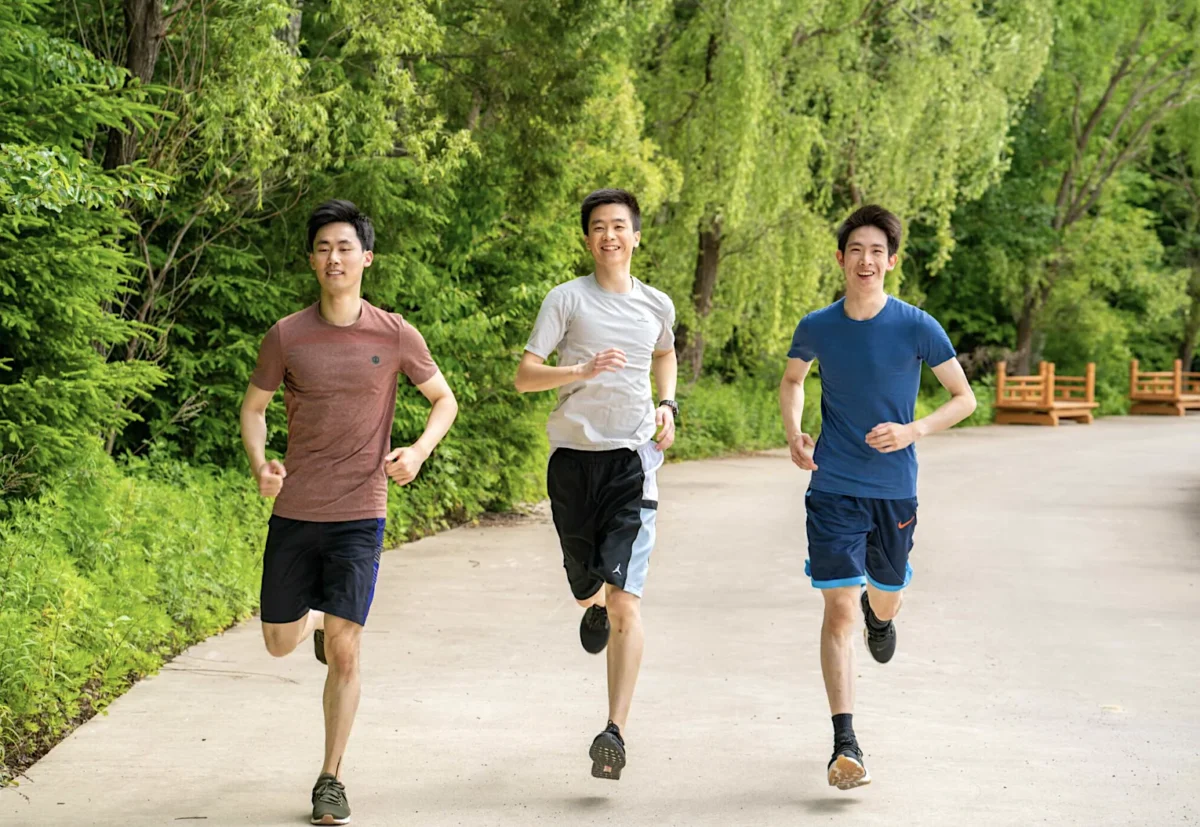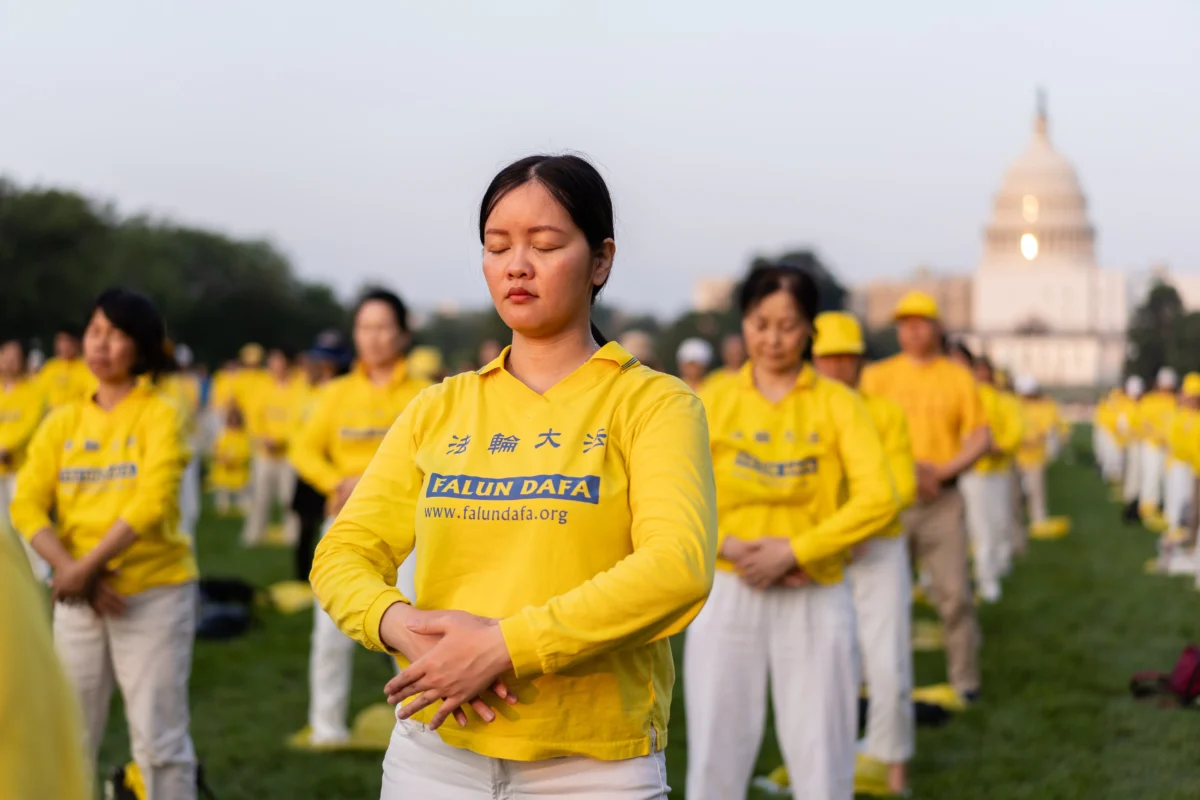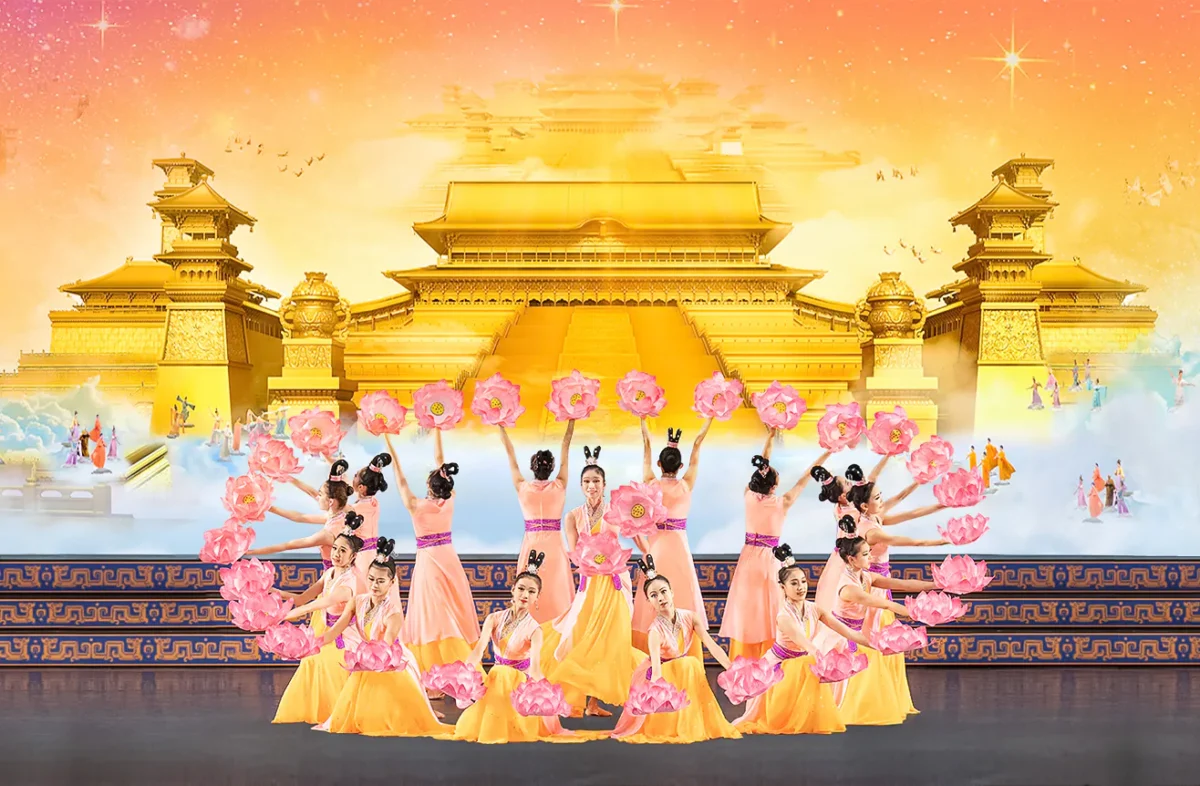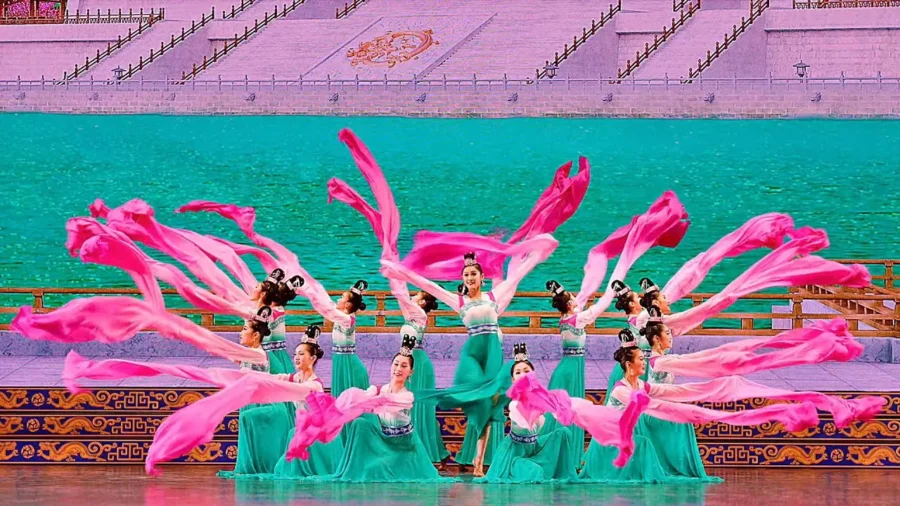New York-based Shen Yun Performing Arts, the world’s premiere classical Chinese dance company, says that the latest in a string of articles by The New York Times attacking the group is “riddled with inaccuracies.”
“The recent Times articles that have appeared over the past several months are precisely an attack on the faith that drives us and the hard work that characterizes our performance culture,” Shen Yun said in a Nov. 17 statement.
Shen Yun, which has eight ensembles touring the world each year under the tagline, “China before communism,” is a top target of the Chinese Communist Party (CCP), which considers its display of traditional Chinese culture as a threat to its control. The CCP has used various tactics to sabotage the show, ranging from diplomatic pressure on theaters and officials to arresting China-based family members of performers.
The New York Times article “grossly distorts the common practices and culture of our organization in an attempt to paint a false picture that our company ‘rel[ies] on minors and teenagers,’” the statement reads.
“This narrative flies in the face of fact and is based on the personal accounts of a mere handful of disgruntled former artists.”
In its article, The New York Times claims that Shen Yun doesn’t pay its student performers enough and that the state’s Labor Department has opened an inquiry into the nonprofit. Buried in the article, however, is a clarification that the state law on underage performers “doesn’t address whether or how much the performers should be paid.”
Only in the 16th paragraph does the article note: “It is not unusual for performing arts groups to pay students and novice performers nominal amounts.”
From there, the reporters adjust their narrative to claim Shen Yun uses more student performers than other, unnamed art troupes.
Shen Yun says 85 percent of its artists in its performing troupes are adults, while the remaining positions are opened to “talented young people” who study at its two affiliated schools, Fei Tian College and Fei Tian Academy of the Arts.
“Students perform with Shen Yun as part of a curriculum approved by the New York State Department of Education,” it said.

If Shen Yun didn’t allow students to perform, it would miss out on some top talent, the statement suggested.
“Shen Yun’s primary art form, classical Chinese dance, is a young person’s game. Its standards—for form, flexibility, tumbling and flipping, and other special techniques—are more precise and difficult skill-wise than what is required in many other dance forms, and make classical Chinese dance highly akin to gymnastics or other elite sports in terms of the level of athleticism required,” it said.
“And much like gymnastics (where, for example, the average age of female Olympic gold medalists is 18), the golden years for classical Chinese dancers are their mid-teens into early 20s. For this reason, Shen Yun offers exceptional student performers the opportunity to tour with the company as part of their coursework.”
Shen Yun also noted that all Fei Tian students receive full scholarship, “which includes room and board, and amounts to about $50,000/year. While on tour, all expenses are covered, including accommodations at high-quality hotels, meals, and even most recreational activities.”
The statement clarifies that performers at Shen Yun and Fei Tian believe in working hard, but the schedule isn’t nearly as “grueling” as the New York Times portrayed it; a characterization based on a handful of “extreme” examples.

“Shen Yun and the Fei Tian schools were founded by people who practice the Falun Gong faith, and ours is a religious community. It informs how we study, how we work, and how we live,” the statement said.
Falun Gong is a traditional Chinese spiritual discipline that focuses on self improvement and meditative exercises.
“The schools’ educational philosophy is rooted in tradition, and a key element of that is the belief in the value of hard work and the development of personal resiliency. Students who enroll in Fei Tian opt in to this idea, with the full support of their parents.”
Omission of Key Information
The New York Times has a long history of parroting CCP propaganda against Falun Gong ever since the regime, upset by Falun Gong’s growing popularity, started persecuting its practitioners in 1999.
In recent years, the paper has periodically produced hit pieces against the Falun Gong diaspora in the United States, and particularly against successful companies started by Falun Gong practitioners.
Near the end of the latest New York Times article, authors Nicole Hong and Michael Rothfeld indicate that they don’t know why state labor authorities opened an alleged inquiry.
However, the reporters failed to mention that the man who has publicly claimed credit for helping the reporters launch their onslaught against Shen Yun has also bragged about filing complaints against Shen Yun with New York State authorities in hopes of triggering legal action. He also encouraged others to do the same.
“I was the one who introduced people [ex-Shen Yun performers] to the New York Times, especially for the initial interviews. They found additional people through that,” he wrote on X following the publication of the New York Times’s first hit piece on Shen Yun earlier this year.
The FBI marked the man as “potentially armed and dangerous” after he was spotted near the Shen Yun campus in upstate New York last year. He was subsequently arrested and is facing charges for possession of illegal firearms.

Several whistleblowers who provided internal CCP information to the Falun Dafa Information Center (FDIC)—a nonprofit that tracks the persecution of Falun Gong—have independently identified the man as a vehicle used by the CCP to launder and spread “malicious” information against Falun Gong.
The man, who also runs a YouTube channel, has been making threats against Shen Yun and Falun Gong, such as calling Shen Yun managers his “enemies” whom he’s trying to have sent to prison.
The New York Times reporters also fail to disclose their interviewees’ other ties to the Chinese regime.
Hong and Rothfeld heavily rely on the small group of former performers without revealing that at least three of them have “ties to the Beijing Dance Academy (BDA),” according to an FDIC report issued earlier this year.
BDA is “a Chinese state-run organization, which is an instrument in the CCP’s global campaign against Shen Yun,” the report said.
Shen Yun Culture
Dozens of current and former Shen Yun artists previously told The Epoch Times that their experience with Shen Yun has been well worth it.
“It was very fulfilling for me to go around the world and perform at all these prestigious theaters as a student,” said Helena Huang, a Shen Yun flutist in a previous Epoch Times interview.
“Working with these world class artists who are employed by Shen Yun, you actually really learn a lot,” she said.
“They’re very humble, but yet they’re also very hard working. You see how far these people got, and you see that you can also reach that if you work hard and persevere.”

Shen Yun was built by Chinese immigrants who “came to this country with virtually nothing” and without any government or corporate funding, its statement said.
“We are entirely self-reliant. We cherish this country, and are grateful for the liberty it provides, and we want nothing more than to give back, in spades, to the United States and the world, through sharing a high-quality program filled with hope and inspiration,” Shen Yun said.
“Despite being the target of transnational repression from the CCP for almost 20 years and despite these attacks from the Times, we will remain steadfast in our mission: to showcase the beauty, majesty, and spirituality of China’s 5,000-year-old civilization.”
From The Epoch Times

